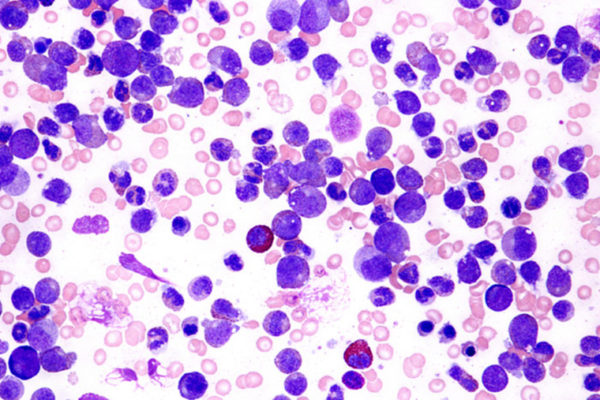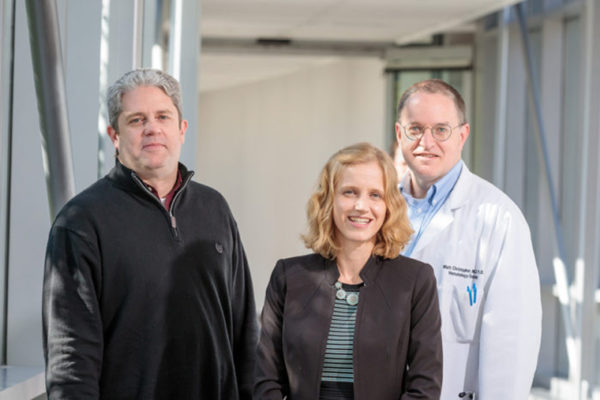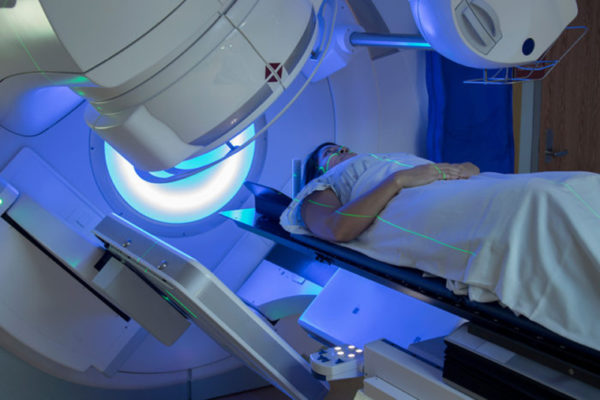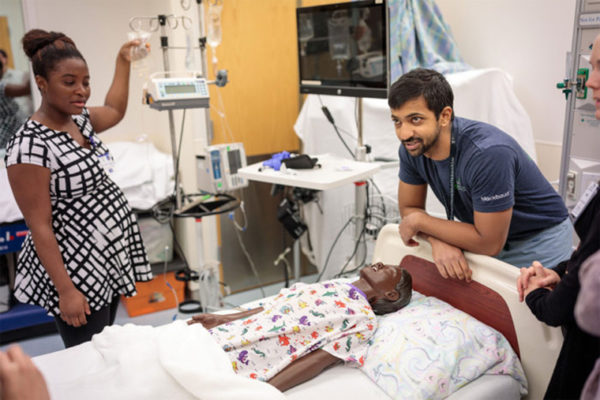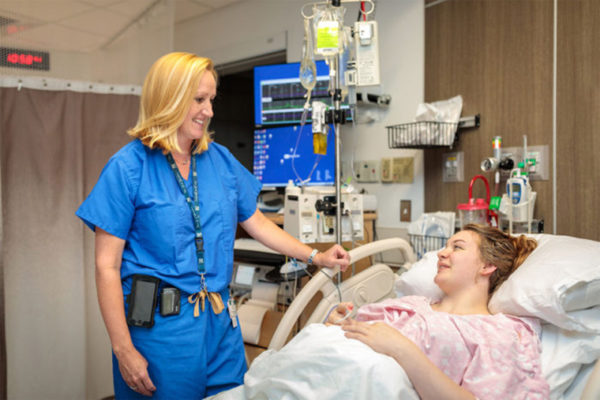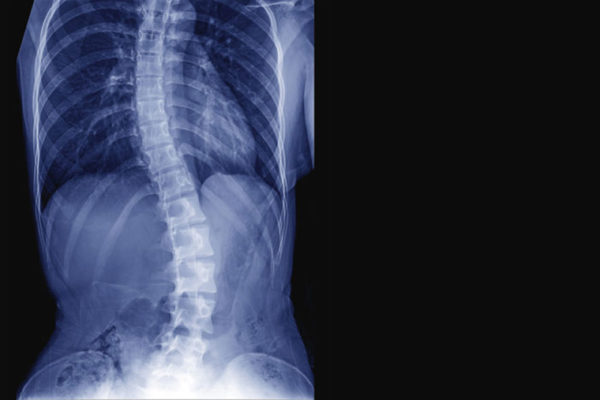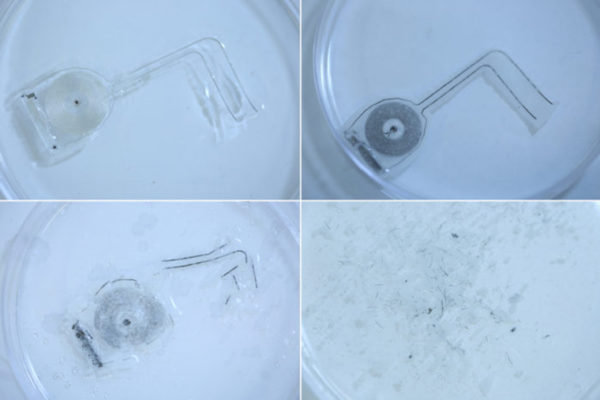$11.5 million supports innovation in leukemia research
Extending its standing as one of the top leukemia programs in the U.S., the School of Medicine has been awarded an $11.5 million NIH grant to further high-level investigations into leukemia and related blood cancers. The grant funds a prestigious Specialized Program in Research Excellence (SPORE) in leukemia.
Relapsed leukemia flies under immune system’s radar
School of Medicine research offers a potential explanation for why many patients with acute myeloid leukemia experience a relapse after a stem-cell transplant and suggests a therapeutic approach that may help to place relapsed patients back into remission.
Breast milk, formula nurture similarities, differences in gut microbes
A new School of Medicine study finds that formula and breast milk encourage the growth of similar kinds of bacteria in babies’ digestive tracts, but the bacteria work differently. The health implications are unclear.
Mind’s quality control center found in long-ignored brain area
The cerebellum, once thought to be limited to controlling movement, is involved in every aspect of higher brain function — including attention, thinking, planning and decision-making — according to a new study by researchers at the School of Medicine.
It’s safe to use skin creams before radiation therapy
A new study demonstrates that patients can safely use skin creams before undergoing radiation therapy. This contradicts common advice from radiation oncologists, according to researchers at the School of Medicine and the University of Pennsylvania.
Course teaches medical trainees how to provide care in developing countries
A recent two-week crash course on global health helped prepare medical students, residents and fellows for clinical rotations and long-term careers in developing countries. Caring for such patients requires a different mindset for trainees accustomed to working in modern medical centers with updated technology and no shortage of supplies or medications.
Obesity linked to increased risk of early-onset colorectal cancer
A new study led by the School of Medicine shows a link between weight gain and increased risk of young-onset colorectal cancer. Rates of colorectal cancer diagnosed in people under age 50 are going up and researchers are searching for possible reasons behind the increase.
In childbirth, when to begin pushing does not affect C-section rates
A multicenter study led by the School of Medicine and involving more than 2,400 first-time pregnant women, shows that the timing of pushing has no effect on whether women deliver vaginally or by C-section.
Scoliosis linked to essential mineral
An inability to properly use the essential mineral manganese could be to blame for some cases of severe scoliosis, according to a new study from the School of Medicine.
Implantable, biodegradable devices speed nerve regeneration in rats
Researchers at the School of Medicine and Northwestern have developed an implantable, bioabsorbable device that helps speed recovery of peripheral nerve damage in rats by stimulating injured nerves with electricity. The device degrades in a few weeks when exposed to saltwater, which mimics bodily fluid.
Older Stories
